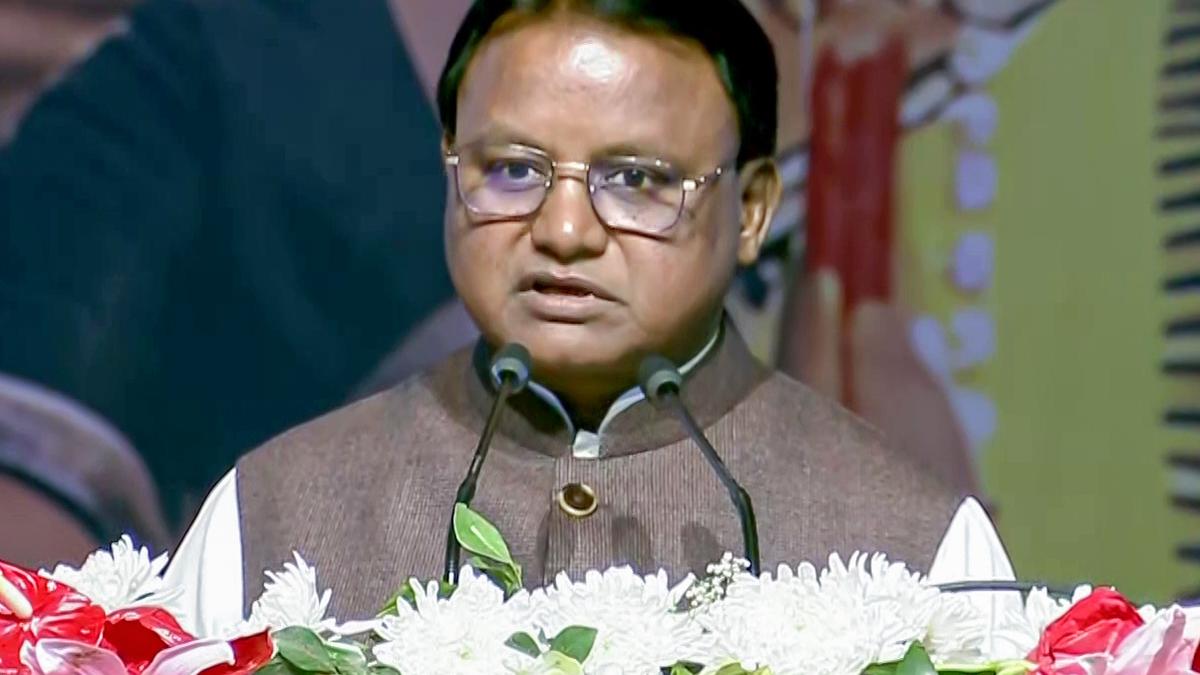
The U.S. Ambassador to the United Nations Dorothy Shea.
| Photo Credit: Reuters
The Trump administration has delivered “de-escalations” between India and Pakistan, Washington’s top diplomat at the U.N. said on Tuesday (July 22, 2025), emphasising that the U.S. remains committed to mediating disputes and advancing peaceful resolutions worldwide.
“Across the globe, the United States continues to work with parties to disputes, wherever possible, to find peaceful solutions,” Acting U.S. Representative Ambassador Dorothy Shea said at the U.N. Security Council open debate on ‘Multilateralism and Peaceful Settlement of Disputes’ held here under Pakistan’s presidency of the Council.

With Pakistan Deputy Prime Minister and Foreign Minister Ishaq Dar presiding over the Council meeting, Ms. Shea said in the past three months alone, the U.S. leadership has delivered “de-escalations between Israel and Iran, between the Democratic Republic of Congo and Rwanda, and between India and Pakistan”.
“The United States, under President Trump’s leadership, played an important role in encouraging the parties to reach these resolutions, which we applaud and support,” she said.
The U.S. calls on all U.N. member states involved in disputes or conflicts to follow the example of those countries and to make every effort to resolve their disputes and cease violence, the diplomat said.
Pakistan, currently a non-permanent member of the 15-nation Council, is President of the U.N. body for the month of July. Under its presidency, it is holding two “signature” events on ‘Promoting International Peace and Security through Multilateralism and the Peaceful Settlement of Disputes’ and on ‘cooperation between the United Nations and regional and sub-regional organisations (Organisation of Islamic Cooperation).’ In his remarks to the debate in his national capacity, Mr. Dar raised the issue of Jammu and Kashmir as well as the Indus Waters Treaty.
Ms. Shea said for peaceful dispute settlement processes to be credible, their outcomes must be implemented.
“We again call on China to abide by the 2016 ruling of the Arbitral Tribunal convened under the 1982 Law of the Sea Convention, which is both final and legally binding on China and the Philippines,” she said.
She said for nine years now, China has refused to live up to its obligations as a party to the Convention, and instead continued to publicly reject the ruling, interfere with the exercise of high seas freedoms, and assert expansive and unlawful claims that infringe on the sovereign rights and jurisdictions of other South China Sea littoral states, including the Philippines, Brunei, Indonesia, Malaysia, and Vietnam.
“We once again condemn China’s expansive and unlawful maritime claims in the South China Sea and the dangerous and destabilising ways it attempts to enforce them,” she said.
Since May 10, Mr. Trump, as well as his administration, has repeated the claim several times on various occasions that the U.S. President “helped settle” the tensions between India and Pakistan and that he told the nuclear-armed South Asian neighbours that America will do a “lot of trade” with them if they stop the conflict.
Published – July 23, 2025 03:21 am IST


